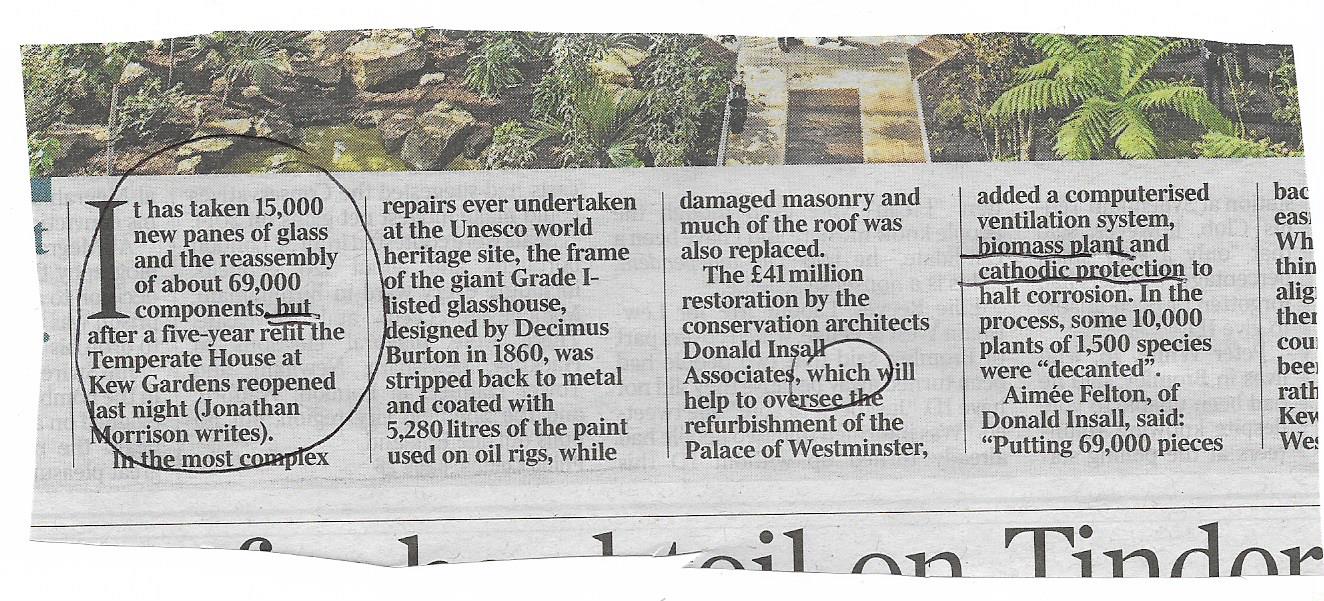 The Times, May 4, 2018
The Times, May 4, 2018
Here is another intro where the word ‘but’ has been completely misunderstood. It means that something unexpected follows. The intro just won’t work in this form. You could try something like this:
After the installation of 15,000 panes of glass and the assembly of 69,000 components, the Temperate House at Kew reopened last night.
or this:
After a five-year restoration costing £42million, the Temperate House . . .
I would say ‘conservation architects Donald Insall Associates, who will oversee . . .’ not ‘which’. It is a group of people, not things.
In the context of Kew, a ‘biomass plant’ sounds like one of the residents, not machinery. To make it clear it should say a ‘biomass power plant’. And what is ‘cathodic protection’? I would bet good money the sub didn’t know. I looked it up and it is very technical. If you don’t know what something is, or can’t explain it, leave it out.
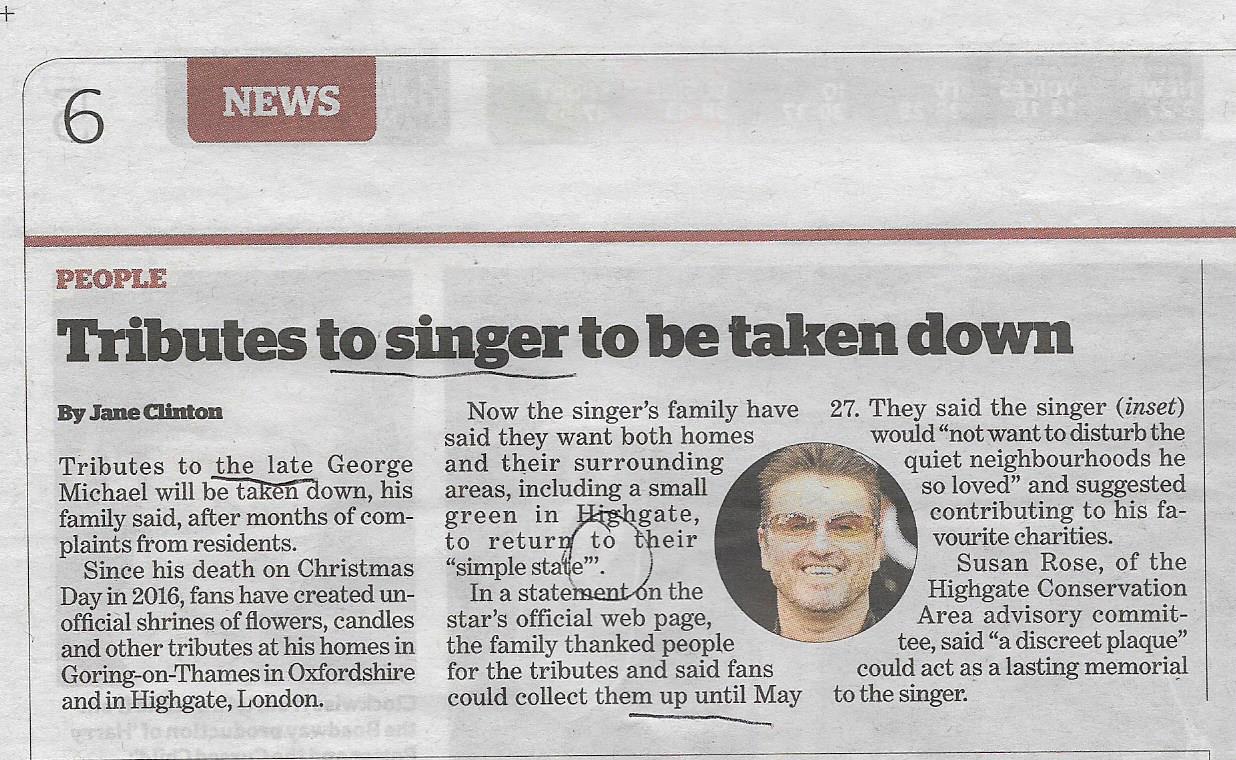 i newspaper, May 2, 2018
i newspaper, May 2, 2018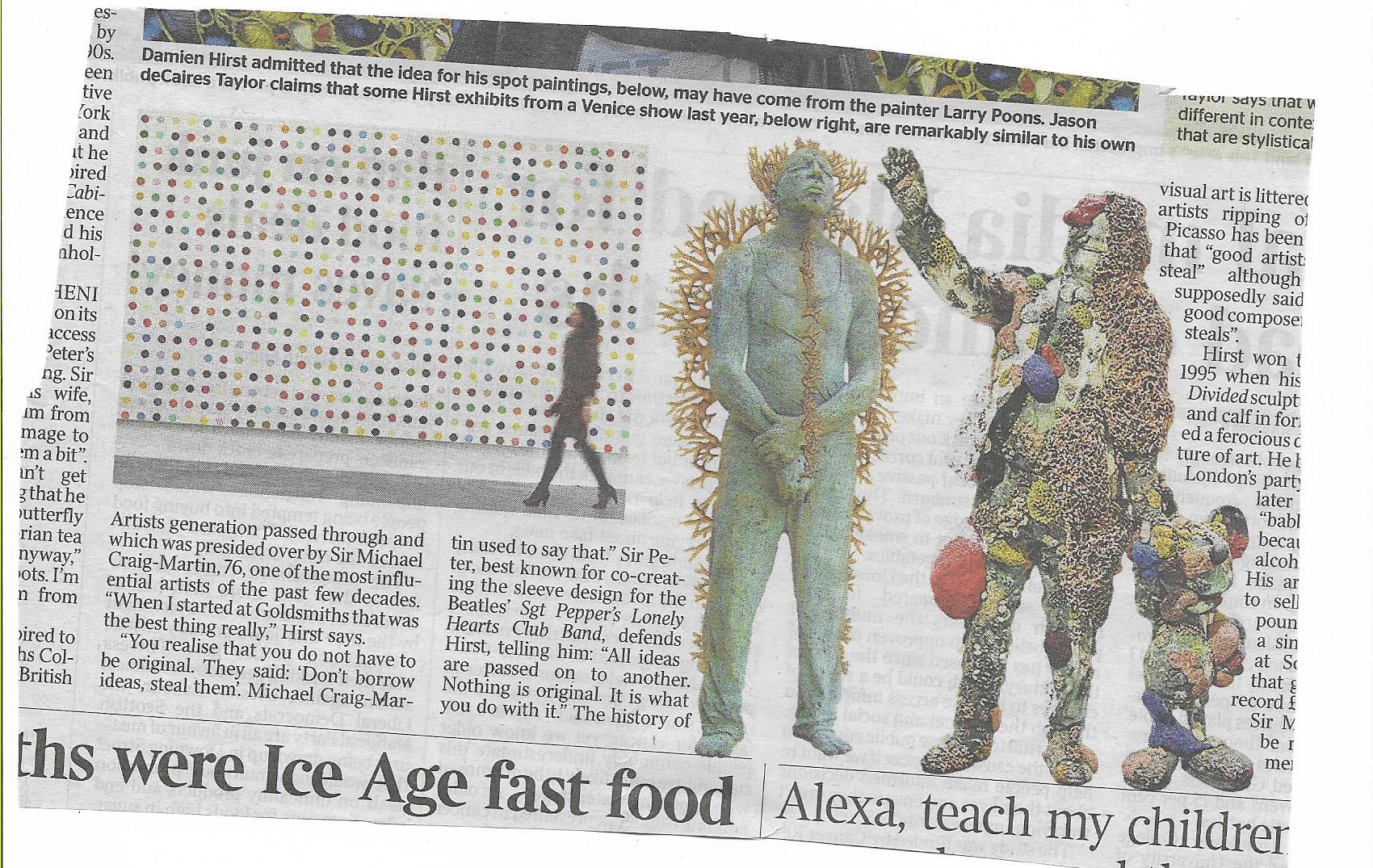 The Times, April 26, 2018
The Times, April 26, 2018 The Times, April 26, 2018
The Times, April 26, 2018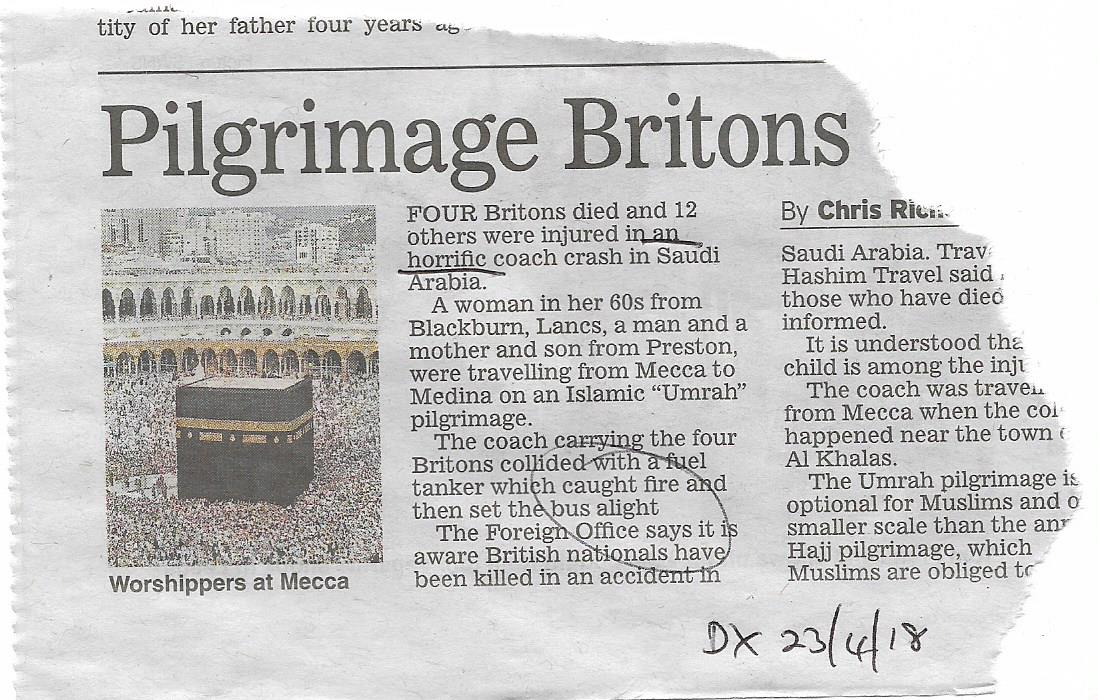 Daily Express, April 23, 2018
Daily Express, April 23, 2018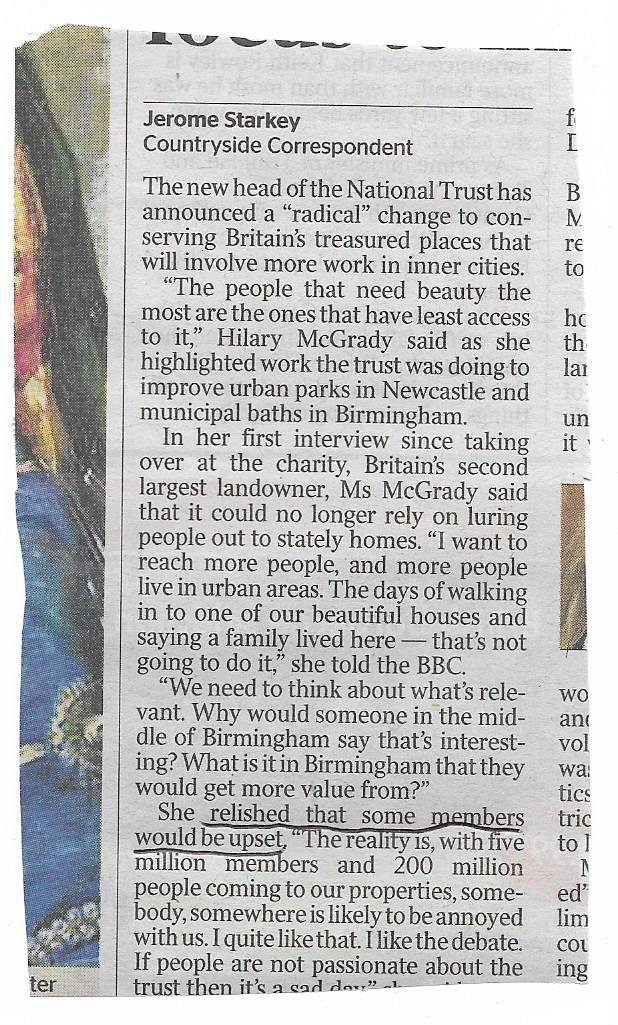 The Times, April 21, 2018
The Times, April 21, 2018
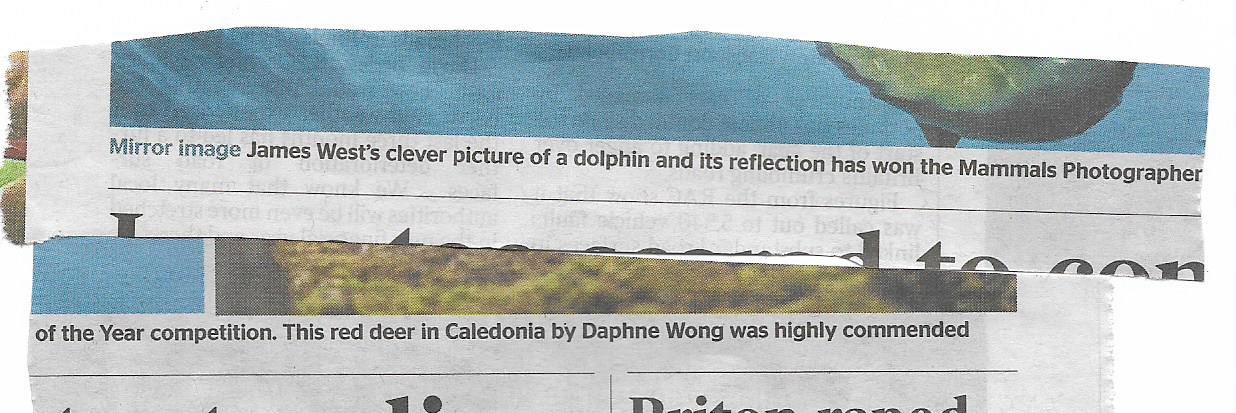 The Times, April 18, 2018
The Times, April 18, 2018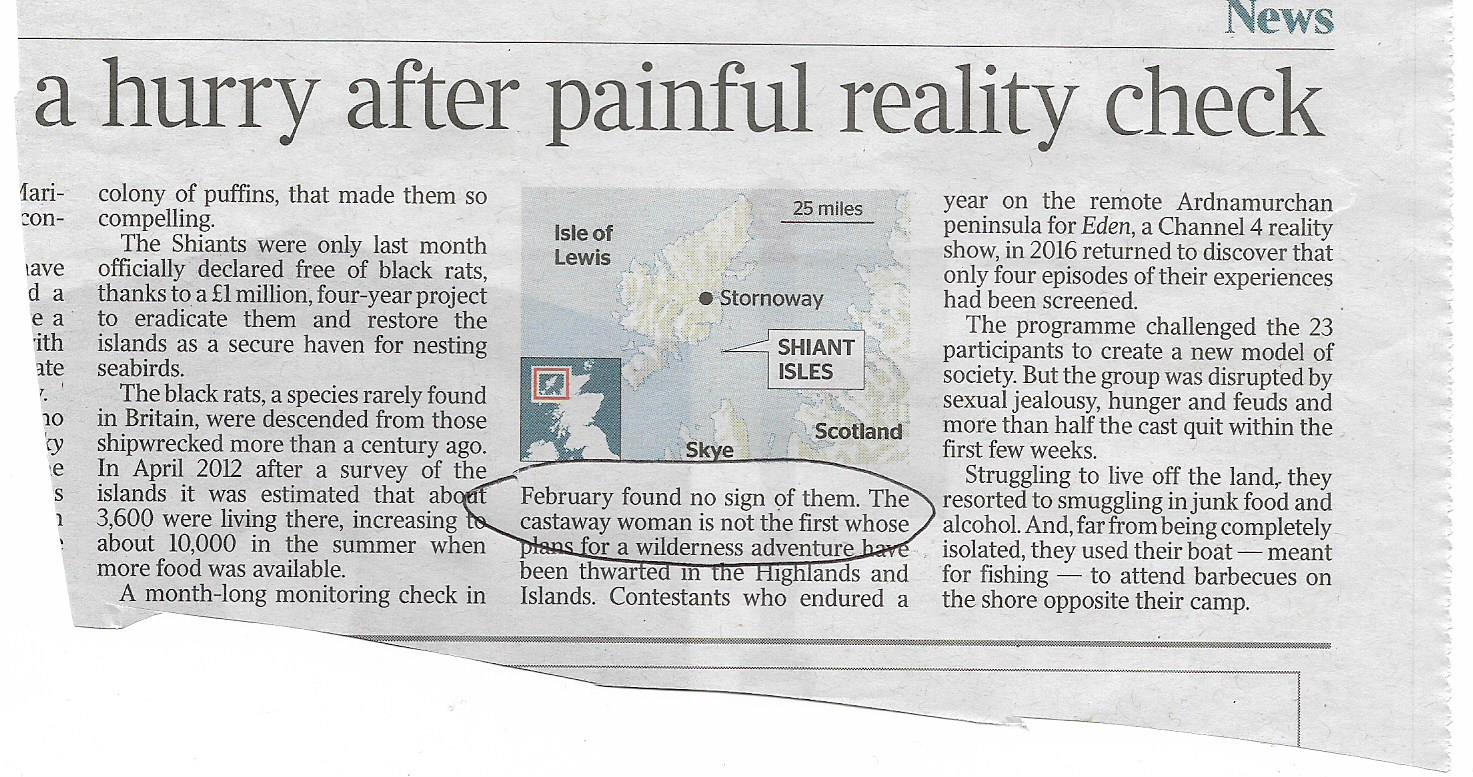 The Times, April 17, 2018
The Times, April 17, 2018